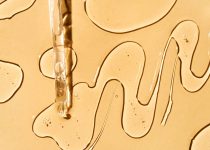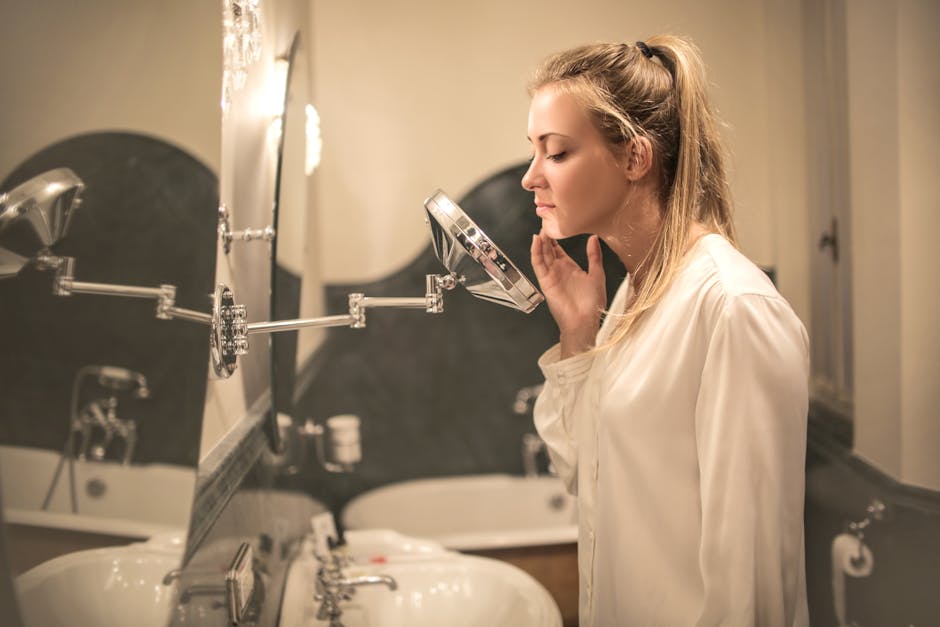My Journey To Clear Skin: A Comprehensive Guide
My struggle with acne began in my early teens, leaving my skin covered in unsightly blemishes. I tried countless products and treatments, but nothing seemed to work. Frustrated and desperate, I embarked on a quest to find a solution that would give me the clear skin I longed for.
**Understanding Acne**
Acne is a common skin condition that occurs when hair follicles become clogged with oil and dead skin cells. This creates a perfect environment for bacteria to thrive, leading to inflammation and the formation of pimples. Understanding the underlying causes of acne is crucial for developing an effective treatment plan.
**Identifying Trigger Factors**
Identifying your acne triggers can help you avoid or minimize their impact on your skin. Common triggers include:
* Hormones: Hormonal fluctuations, particularly during puberty and menstruation, can stimulate sebum production and worsen acne.
* Diet: Certain foods, such as dairy products and sugary snacks, have been linked to acne breakouts.
* Stress: Stress can trigger the release of hormones that increase oil production and inflammation.
* Medications: Some medications, such as corticosteroids and lithium, can cause acne as a side effect.
**Developing a Skincare Routine**
A consistent skincare routine is essential for managing acne. Here are some key steps:
* Cleanse twice a day: Use a gentle cleanser that removes dirt, oil, and makeup without stripping your skin of its natural oils.
* Exfoliate regularly: Use a gentle exfoliator 1-2 times per week to remove dead skin cells and prevent clogged pores.
* Moisturize: Acne-prone skin needs moisture, so use a non-comedogenic moisturizer to keep your skin hydrated and prevent dryness.
* Sunscreen: Protect your skin from sun damage, which can worsen acne. Use a sunscreen with a minimum SPF of 30 every day.
**Medications**
In some cases, over-the-counter or prescription medications may be necessary to treat acne. These medications can help reduce inflammation, kill bacteria, or regulate hormone production. Common types of acne medications include:
* Benzoyl peroxide: Kills bacteria on the skin's surface.
* Salicylic acid: Exfoliates the skin and reduces inflammation.
* Retinoids: Vitamin A derivatives that regulate cell turnover and reduce oil production.
* Oral antibiotics: Prescribed to kill bacteria that contribute to acne.
* Hormonal therapy: For women with hormonal imbalances that contribute to acne.
**Lifestyle Changes**
In addition to skincare and medications, certain lifestyle changes can also improve acne.
* Reduce stress: Find healthy ways to manage stress, such as exercise, meditation, or spending time in nature.
* Improve diet: Limit your intake of processed foods, sugary drinks, and dairy products. Focus on consuming fruits, vegetables, and whole grains.
* Get enough sleep: Sleep deprivation can disrupt hormone balance and worsen acne. Aim for 7-9 hours of quality sleep each night.
**Conclusion**
Achieving clear skin is a journey that requires patience and consistency. By understanding your acne triggers, developing a comprehensive skincare routine, considering medications when necessary, and making healthy lifestyle changes, you can improve the appearance of your skin and boost your confidence. Remember, clear skin is not just a matter of aesthetics; it can also improve your overall well-being.


